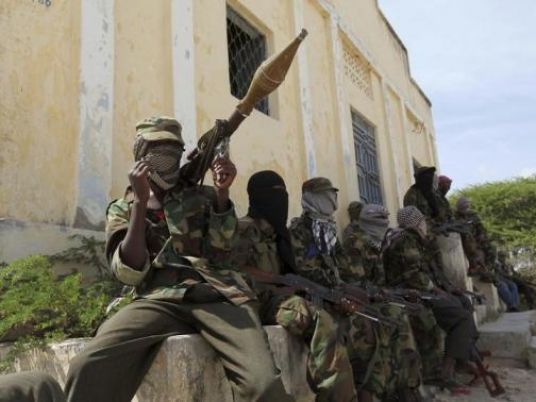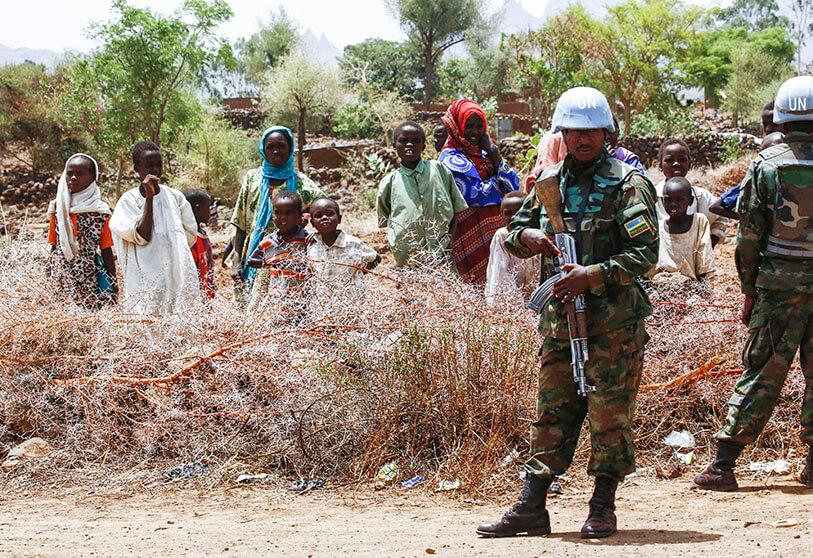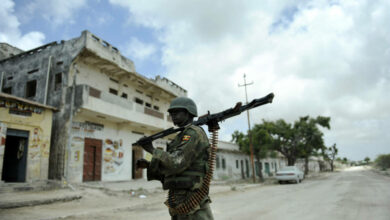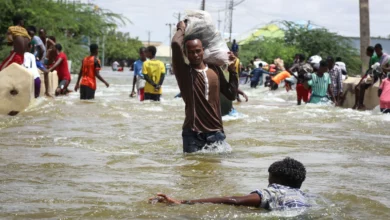
The militant Islamist group "Al Shabaab" said its fighters killed dozens of Kenyan troops when they attacked a remote military base in Somalia on Friday, while Kenya's army dismissed the report and said "scores" of militants were killed.
A spokesman for Al Shabaab, which often launches attacks on troops of the African Union's AMISOM force, said its fighters killed at least 66 Kenyans at the base in the southern town of Kulbiyow, near the Kenyan border.
Al Shabaab said it lost fighters but did not give numbers.
Kenyan military spokesman Lieutenant Colonel Paul Njuguna denied the claim that Al Shabaab had killed dozens of soldiers but did not give any casualty figures.
In a statement, he said Al Shabaab attackers used a vehicle packed with explosives to try to blast their way into the camp of the Kenya Defence Forces (KDF). "KDF soldiers repulsed the terrorists, killing scores," he said.
Njuguna said the attack was launched around dawn on Friday.
In January 2016, Al Shabaab said it had killed more than 100 Kenyan soldiers in El Adde, a Somali camp near the border with Kenya. The military never gave details of casualties, but Kenya media reports suggested a toll of that magnitude.
Sheikh Abdiasis Abu Musab, Al Shabaab's military operation spokesman, had told Reuters Al Shabaab fighters rammed two suicide car bombs into the base and seized it. "We are pursuing the Kenyan soldiers who ran away into the woods," he said.
Al Shabaab, whose assessment of casualties often differs markedly from official versions, typically rams the entrance to a target site with a car or truck bomb so fighters can storm in.
The Islamist group, which once ruled much of Somalia, wants to topple the Western-backed government in Mogadishu and drive out the peacekeeping force made up of soldiers from Kenya, Djibouti, Uganda, Ethiopia and other African countries.
African Union and Somali troops have driven its fighters from major urban strongholds and ports, including the capital Mogadishu in 2011, but they have often struggled to defend smaller, more remote areas from attacks.
Additional reporting by George Obulutsa in Nairobi; Writing by Aaron Maasho and Edmund Blair; Editing by Catherine Evans; Reuters




